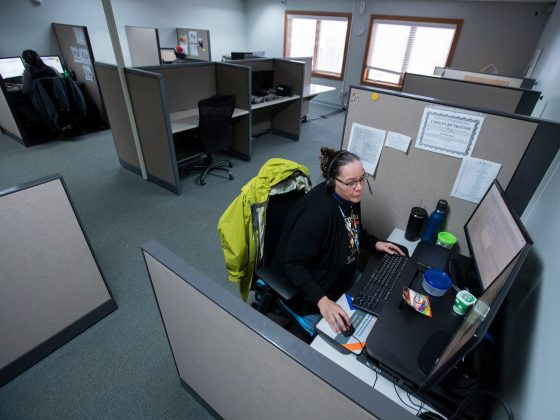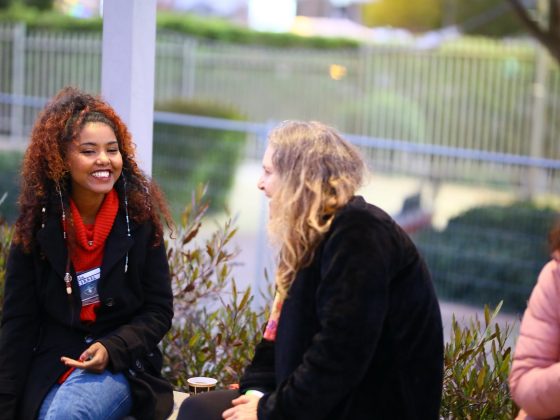What should be our approach when we communicate with our children, especially when they are young? What kind of relationships should we build with them in order to best prepare them for life? Apparently, there is a formula called “grownup-equal-younger,” which works very well in preparing our children for life, if we use it correctly.
As parents, our main goal is to “build” our child’s personality to be ready for life, to have confidence and the ability to carry out whatever tasks our child may choose to undertake, as well as to be able to treat failures constructively and positively. To achieve this, we need to learn to relate to our children from three different perspectives: as grownups, as equals, as younger. Each perspective has its role and the right time to use it. The trick is to know when to use which of them and how to use them correctly.
“Every situation in life, especially the more challenging ones, can become a learning experience that lead to personal growth and to learning new skills that will raise our children happy, confident, and able to communicate successfully with the people around them.”
Let’s begin with the “grownup” perspective. Here we place ourselves above the child, as the dominant, parent figure. We set the rules and apply pressure when needed. With the “equal” perspective, we will discover that often, the child listens to us much more attentively when we speak as equals rather than with a top-down tone. Here is when we treat children as friends, playmates, and even as confidants. When we take the “younger” perspective, we allow the child to practice being the “mature adult,” to lead and direct us.
Combining the three helps children better understand the complexities of human relationships. It helps them develop the ability to adapt and adjust themselves to changing circumstances, to know how to relate to teachers, friends, and later in life, to partners and coworkers.
Now that we’ve outlined the three perspectives, let’s add some insights about each of them. When taking the “younger” perspective, we need to know how to do it without losing our parental authority. To do this, we need to explain to the child, with words and by example, that every person has strengths and weaknesses, that we cannot all know everything and be able to do everything. For example, even if you are an Olympic champion, you cannot be an Olympic champion in all the sports. When children learn that it’s OK not to excel in everything, it takes a big load off of their young shoulders and allows them to be happy where they are, pursue the things that truly interest them, and eventually excel in them. At the same time, they will not become insecure because they don’t know everything or understand everything.
Concerning the “equal” perspective, it is important that the child will feel that we are always working in his or her best interest. Children need to know that whatever happens, even if we’re mad at them or become demanding, it is because we are working in their interest, that our pressure helps them achieve what would be harder, if not impossible to achieve were it not for our pressure. It is a good idea to tell them explicitly that it pains us that we have to reproach them and pressure them, and explain why it is for their own good.
If the child does not accept our explanation, we should show how sorry we are that we have to be this way, that we are hurting together with the child, but we must do it nonetheless because it is the best thing for the child, and as parents, we must see that our children get the best rearing that will help them the most to become successful grownups. Sometimes, we can even admit that our demand is very difficult, that we are not sure they can handle it, but that if they do, they will benefit tremendously and it will open new doors for them. In that state, we should leave the child with space to build his or herself independently.
Regarding the “grownup” perspective, here the parent(s) make(s) the decisions. They have to explain that sometimes, we just have to accept certain things. This may not be easy on the child but it is a great example because when we grow up, we have to obey the law, follow the rules of the school or university we’re in, the workplace, bosses, etc. If children aren’t accustomed to obeying rules even if they sometimes don’t understand them or agree with them, it can be a problem for them to cope with the society they live in.
Here is a real-life example and how we can use the three perspectives to turn an everyday situation from an ordeal into an experience of growth. It often takes little children a long time to get dressed, wash up, and get ready for school in the morning. This can create a lot of stress and pressure and lead to unpleasant situations. The first thing in dealing with it is to go over all the stages of the morning routine with the child, not in real time, but in your free time, when you’re all relaxed. You imagine what you do every morning one step at a time and together with the child, you learn what each stage (bathroom, breakfast, getting dressed, etc.) entails. You allocate, in collaboration with the child, a realistic time limit for each action and the child will now “practice” keeping time instead of being passive and forced to get up. In this way, the whole process becomes a bit of a game.
After a day or two, when the child knows the routine by heart, you take the “younger” perspective and the child becomes the grownup. Now it’s the child’s turn to see that you’re on time, to make sure you aren’t holding him or her up.
In this way, every situation in life, especially the more challenging ones, can become a learning experience that lead to personal growth and to learning new skills that will raise our children happy, confident, and able to communicate successfully with the people around them.











